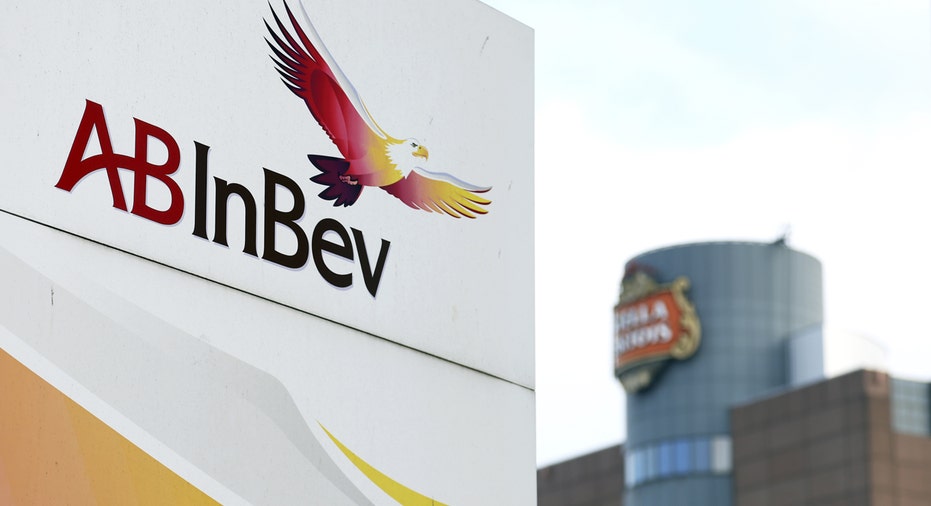Big Beer Merger Could Create Rival Opportunitites

The biggest beer merger in history may offer a silver lining for its biggest European rivals, Heineken NV and Carlsberg A/S. The combination of SABMiller PLC and Anheuser-Busch InBev NV would create a behemoth brewer that threatens to dwarf the competition in size. But it could also smooth the competitive landscape for the world's number three and four brewers, Heineken and Carlsberg, by removing one player, easing price pressure, opening up acquisition opportunities and allowing further differentiation with specialty beers, analysts say. "Global competition is reduced, per definition, as the number of global brewers is reduced by one," said Gerard Rijk, analyst at SNS Securities. "This will lead to less price competition for available targets and less price competition in specific beer markets." After weeks of back and forth, SABMiller's board on Tuesday said it had agreed on the key terms of a sweetened potential takeover offer by Anheuser-Busch InBev NV, valuing it at GBP67.9 billion ($104.2 billion), setting the stage for a beer player that would dominate the market. To pass regulatory hurdles, the deal may require divestitures of some assets, including SABMiller's Grolsch and its stake in MillerCoors LCC, which might open up acquisition opportunities for the smaller rivals. The larger and more profitable Heineken might be in position to snap up some assets in sub-Saharan Africa as some analysts say Anheuser-Busch InBev may sell parts of SABMiller's business in that region. Smaller Danish rival Carlsberg, however, is in more of a bind, constrained by its finances. Carlsberg could use more leverage in China, its biggest growth market, but is unlikely to get its hands on SABMiller's 49% stake in China CR Snow, which will probably to go to the British company's government-backed partner, China Resources Enterprise Ltd., said Frans Hoyer, vice president of equity research at Jyske Bank. In Russia, where Carlsberg is the market leader, the Danish brewer may face hardened competition if Anheuser-Busch InBev makes a deal with SABMiller's partner there, Turkey's Anadolu Efes, he said. Other analysts said that while the competitive environment will remain as tough as ever, the potential merger could prove beneficial for Carlsberg and Heineken. Alm. Brand Markets analyst Michael Friis Jorgensen said that the merged company would have to focus fully on making the expensive deal profitable, which might offer Carlsberg opportunities "to steal some growth." Part of that growth may come from continuing its inroads into the lower volumes but higher margins craft beer market. Sales by volume of specialty beers made by craft brewers have outpaced the beer industry globally over the past five years, growing at a compound annual rate of 7.8% compared with global beer growth of 1.3%, according to industry tracker Plato Logic. Carlsberg already has many low volume specialty beers in its portfolio, and has been on an investment spree in Scandinavia, last year investing 110 million Norwegian kroner ($13.48 million) in Trondheim, Norway, to establish a new microbrewery there. "Carlsberg is trying to grow its craft business aggressively," said Morten Imsgaard, an analyst at Sydbank. Heineken last month said it has taken a 50% stake in Lagunitas Brewing Co., with plans to expand the California brewery into the world's first global craft brand by exporting its beers to Europe.



















